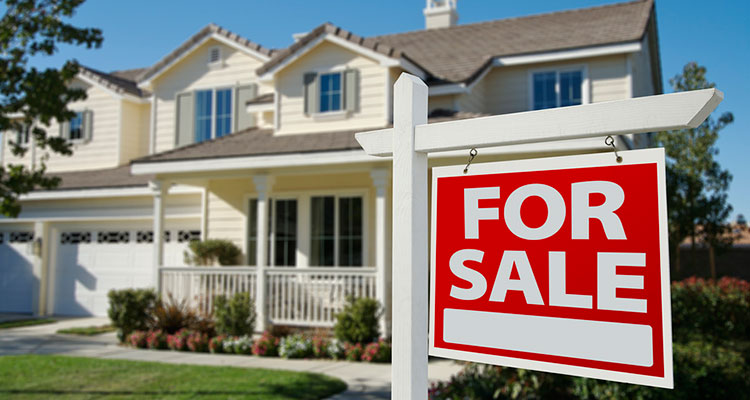Updated 4:12 PM PST, Mon April 28, 2014

When To Refi
Each time interest rates start to dip, many householders contemplate refinancing their homes. Yet, it isn't automatically always advisable to do a refinancing mortgage. Thus, it is necessary to get-up to pace on the situations when a refinancing might be intelligent financial move. These are the most frequent motivations for refinancing a home mortgage.
You Need To Reduce Your Monthly Payment
Remember there are costs related to refinancing. Generally, your lender will bill you closure fees and some substantial refinancing to refinance your mortgage at a lower interest. So be sure to do the mathematics beforehand to make sure thatthe monthly savings on a lower interest rate will be more compared to the transaction costs of the refinancing. Should you not anticipate staying in your home for over a couple of years or you might have paid down most of the curiosity in your mortgage, you should feel difficult and long about refinancing into a lower interest. In these situations, it could turn out to be a cash losing verdict.
Usually, you will need to have some equity built-up as a way to qualify for refinancing at a lower interest and at least adequate credit, although the precise refinancing conditions will differ by lender.
You Want Your ARM to be Fixed
If you've got an adjustable-rate mortgage (which indicates the interest in your mortgage can transform through the life of the loan), you'll be able to consider converting it into a fixed fee mortgage. The principal basis for doing this is you cannot manage to make the greater interest repayments and the rate of interest in your adjustable rate mortgage has improved.
You Need To Take Cash From The House
If your debt $50,000 on your mortgage is worth home and your $200,000, then you've $150,000 of equity built-up. Let's say that you just need $40,000 to do a significant home renovation. A cash out refinancing will let you raise the sum of money which you owe in your mortgage to $90,000 and obtain a search for $40,000.
You should simply do a cash out refinancing if you're additionally reducing the interest in your mortgage in the act, because you're raising the sum of money which you owe in your house. Otherwise, it may be a much better choice to sign up for a home loan or a home-equity credit line, which may offer lower rates of interest.
You Need To Shift Your Mortgage Period
If you initially signed up for 30-year mortgage, but can now manage to settle your mortgage earlier, you should consider reducing your mortgage period from 30 to 1 5 years. It is going to significantly reduce your total interest expense, although this will surely raise your month-to-month principal repayments.
Conversely, if you can not manage your monthly mortgage payment and took out a 15-year mortgage, you may consider refinancing into a 30 yr mortgage. Remember that you just should factor in the prices related to the refinancing trade before making a final judgment.
You Need To Combine Loans
Refinancing can let you convert both loans in to one mortgage and spend a lesser joined interest. (To understand more about 2nd mortgages, see Useful Suggestions About Taking Out An Additional House Loan Mortgage.)
Life Changing Events
If your partner dies or you're getting a divorce, you may wind up fighting to make the month-to-month mortgage payment. Again, it's critical to element in the prices of refinancing before heading through with the trade.
Refinancing your mortgage can wind up saving you a bundle, especially when you can get a lower interest, a shorter period or you'll be able to combine multiple loans. A refinancing mortgage also can allow you to ensure cash if you're looking for added liquidity. Yet, it's vital to comprehend the overall price related to refinancing. This will ensure that you just come out forward if you determine to refinance.



